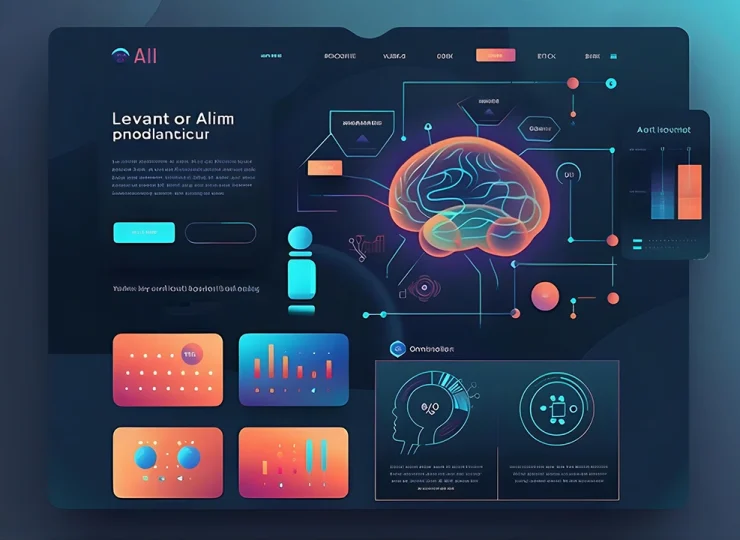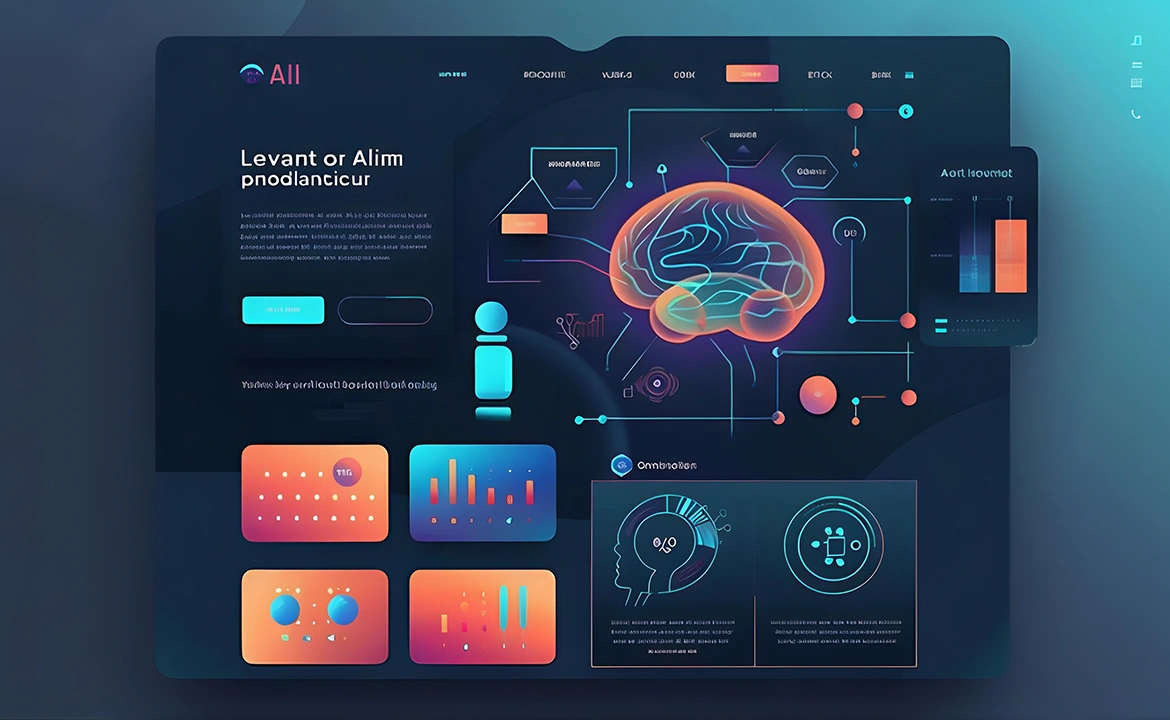Introduction
The mobile app development industry continues to evolve rapidly, with emerging technologies shaping the way applications are designed and developed. As we step into 2025, building a successful mobile app requires a deep understanding of the latest trends, user expectations, and advanced tools such as Artificial Intelligence (AI). This guide explores the key elements of developing a high-performing app and ensuring its success in an increasingly competitive market.
Understanding User-Centered Design in Mobile App Development
One of the most critical factors in building a successful mobile app in 2025 is prioritizing user-centered design. With millions of apps competing for attention, users now expect seamless navigation, intuitive interfaces, and personalized experiences. This is where UI/UX design plays a crucial role. A well-designed app should not only be visually appealing but also enhance usability and engagement. By leveraging AI-driven user behavior analysis, developers can gain insights into how users interact with their apps, allowing them to refine and optimize the design for maximum retention. Implementing micro-interactions, smooth animations, and adaptive layouts can significantly enhance the user experience, ensuring that your app stands out in a saturated market.
The Role of AI and Automation in App Development
AI and automation have transformed the mobile app development landscape, making the process more efficient and data-driven. In 2025, AI-powered development tools allow businesses to streamline coding, automate testing, and even predict potential bugs before deployment. No-code and low-code platforms have also gained traction, enabling entrepreneurs and small businesses to build functional apps without extensive programming knowledge. Additionally, machine learning algorithms help personalize app experiences by analyzing user preferences and delivering tailored content in real-time. For instance, recommendation engines in e-commerce apps or AI-driven chatbots in customer service applications enhance engagement and improve overall app performance. By integrating smart automation, developers can reduce time-to-market while ensuring app stability and scalability.
Monetization Strategies: Turning Your App into a Profitable Business
Building an app is just the first step—ensuring its financial success is equally important. In 2025, developers must explore innovative monetization models to generate sustainable revenue. While in-app purchases and subscription-based services remain popular, ad-supported freemium models and blockchain-based transactions are gaining momentum. AI-driven ad placements now enable personalized and non-intrusive advertising, enhancing user experience while maximizing revenue. Additionally, integrating NFTs and decentralized payment systems is an emerging trend that allows apps to create unique digital assets and new revenue streams. However, balancing monetization with user satisfaction is key—an overly aggressive approach can drive users away, whereas a well-thought-out strategy ensures profitability while maintaining a loyal user base.
Latest Trends in Mobile App Design and Mobile App Development
To stay ahead in 2025, app developers must be aware of cutting-edge trends that enhance user engagement and functionality. Here are some of the most influential trends shaping mobile applications:


The Technology Behind AI Image Generation
1. AI-Powered Applications
AI is no longer a futuristic concept; it is now a necessity. Apps leverage AI for:
- Personalized user experiences through smart recommendations (e.g., Netflix, Spotify).
- Automated customer support via AI-powered chatbots.
- Predictive analytics for better decision-making in e-commerce and finance apps.
2. 5G Integration
The widespread adoption of 5G technology enables:
- Faster app performance with minimal latency.
- Enhanced AR/VR experiences for gaming and e-commerce.
- Real-time data processing, improving IoT-based applications.
3. Super Apps
Multi-functional apps (or Super Apps) integrate various services, eliminating the need for multiple applications. Examples include:
- WeChat (China) – Messaging, payments, shopping, and more.
- Grab (Southeast Asia) – Ride-hailing, food delivery, and financial services.
4. Cross-Platform Development
Using frameworks like Flutter and React Native allows developers to create mobile app development for multiple platforms efficiently, reducing costs and speeding up deployment.
How AI Enhances User Experience in Mobile Apps?
AI is revolutionizing user experience by making applications more intuitive and interactive. Here’s how:
1. Intelligent Personalization
- AI analyzes user behavior to tailor content, recommendations, and notifications.
- Personalized shopping experiences in e-commerce apps increase conversions.
2. Voice and Image Recognition
- Voice assistants like Siri and Google Assistant streamline interactions.
- Facial recognition enhances security in banking and social media apps.
3. Adaptive Interfaces
- AI adjusts UI elements based on user preferences and accessibility needs.
- Dark mode, gesture-based navigation, and voice commands improve usability.
Practical Tips for Building a Successful Mobile App development
Creating a mobile app goes beyond development—it requires strategic planning and execution. Here are essential tips to ensure your app stands out in 2025:
1. Define a Clear Purpose and Target Audience
- Identify your app’s core value proposition.
- Understand user demographics, pain points, and preferences.
2. Focus on Seamless User Experience (UX)
- Prioritize intuitive navigation and fast-loading interfaces.
- Ensure consistent design across devices and platforms.
3. Implement Strong Security Measures
- Use encryption protocols and biometric authentication.
- Regularly update the app to patch vulnerabilities.
4. Optimize for App Store SEO (ASO)
- Choose relevant keywords for your app title and description.
- Encourage positive reviews and ratings to improve visibility.
5. Leverage Data Analytics for Continuous Improvement
- Monitor user engagement through tools like Google Analytics and Firebase.
- Analyze feedback and iterate updates based on user behavior.
The best apps are not just built; they evolve with their users.
Industry Insight
Conclusion
Building a successful mobile app in 2025 requires a combination of innovative technology, user-centric design, and a well-defined strategy. By embracing AI, optimizing performance, and focusing on user experience, developers can make mobile app development that thrive in an evolving digital landscape.








